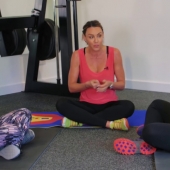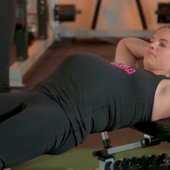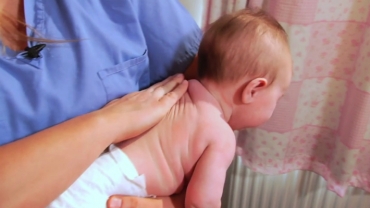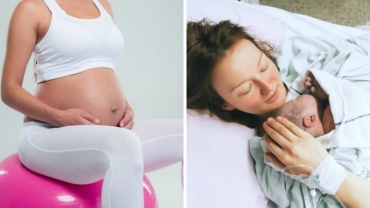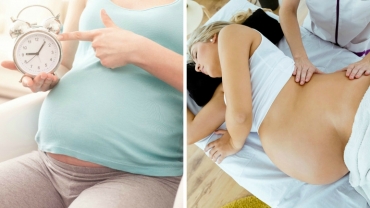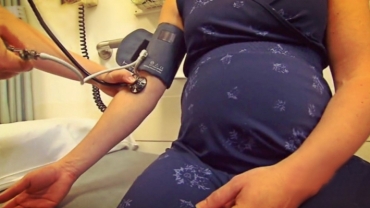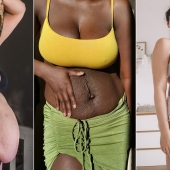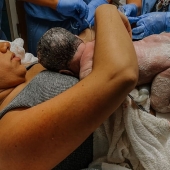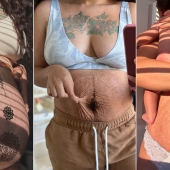Being a mum is a real emotional rollercoaster and there can be lots of highs and lows. But if you’re finding that it’s all lows without highs that could be a sign you’ve got postnatal depression. It’s a terrible illness and can affect absolutely anyone and it really spoils the enjoyment of having a baby and at least one in ten mothers will suffer from it.
There are various signs to look for if you think you may have postnatal depression. You may be quite tearful, in fact you might be crying all the time. It will actually be quite a chore to look after your baby and you may have no pleasure or enjoyment with any of the daily things in life. It can affect your appetite and it can affect how you sleep at night. And you can feel really helpless and hopeless and it will definitely affect your relationships.
Postnatal depression can start any time during the first year of your baby’s life but it’s more common in the first six months after birth. For some women postnatal depression can begin in pregnancy and that’s not uncommon.
Often women are reluctant to admit that they’ve got postnatal depression because they see it as a sign of failure on their part. If you think you have postnatal depression please do talk to your health visitor.
They’re specially trained to help and support you with this. You can ask your health visitor to come and visit you at home or you can visit the clinic or you can talk to your GP.
It’s a very treatable illness and if you had flu or a broken leg you wouldn’t hesitate to seek medical advice and it’s exactly the same for postnatal depression. Get help, don’t let other people put you off or tell you seem OK if you don’t feel it.
About video: Health visitor Maggie Fisher advises what the signs of postnatal depression are and what to look out for.
- 423 views


